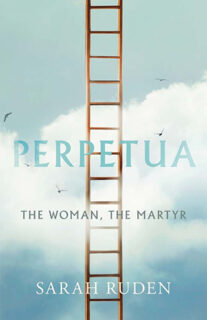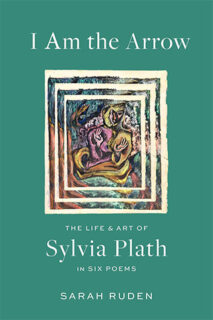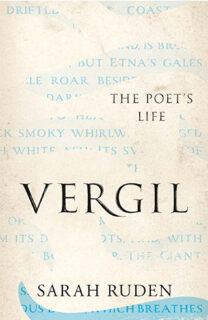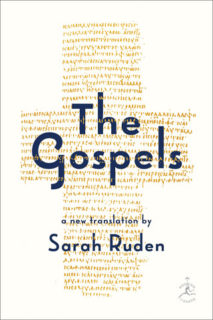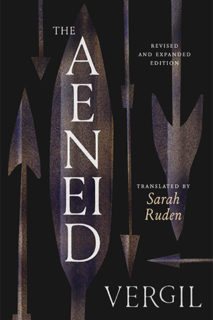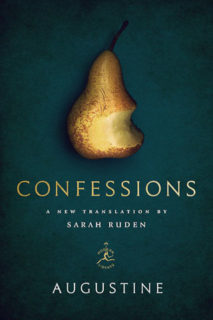New from Sarah Ruden...
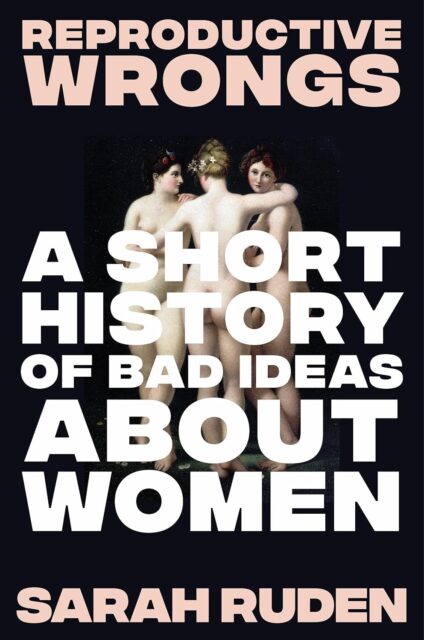 Pre-Order
Pre-OrderReproductive Wrongs
A Short History of Bad Ideas About Women
A bracing feminist chronicle of the history of the West told through seven texts, exposing where our most virulent ideas about women came from.
The dangerous belief that granting women reproductive freedom poses a threat to “traditional” values is a myth that has long prospered in American politics, playing an especially vicious role in the development of totalitarianism in the West. How did such damaging ideas arise?
In Reproductive Wrongs, acclaimed translator and cultural historian Sarah Ruden exposes how ideologies that oppress women and families in the service of power took hold. Ruden traces a sweeping history through her trenchant analysis of seven pieces of literature that, she argues, marked key inflection points across two thousand years. From propagandistic poetry written by Ovid in the early Roman Empire to the biography of an evangelical American “abortion survivor,” Ruden lays bare how doctrines of control over women were invented and propagated.
Scathing and vital, Reproductive Wrongs unearths the evolution of a right–wing radicalism that endures to this day, when half of the US population is losing access to basic human rights.
“A timeless treatise…” – Kirkus
“Expansive . . . the book’s greatest strength lies in Ruden’s wry criticism . . . a biting, revelatory overview of misogyny’s long literary history.” — Publishers Weekly
Sarah Ruden is a leading translator of the ancient literature of the West. In a career spanning both essential Greek and Roman Classics and sacred literature, she has set new standards for accuracy, stylistic integrity, and accessibility. Her work, including cultural and human-rights journalism, is deeply concerned with questions of power and truth, in accordance with her Quaker faith. She has won Guggenheim, Whiting, and Silvers grants, and numerous other awards.

More Books by Sarah Ruden
Click a book cover for information.
